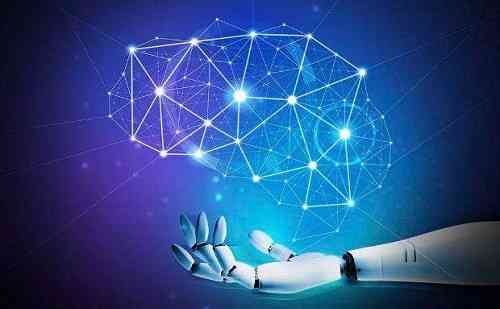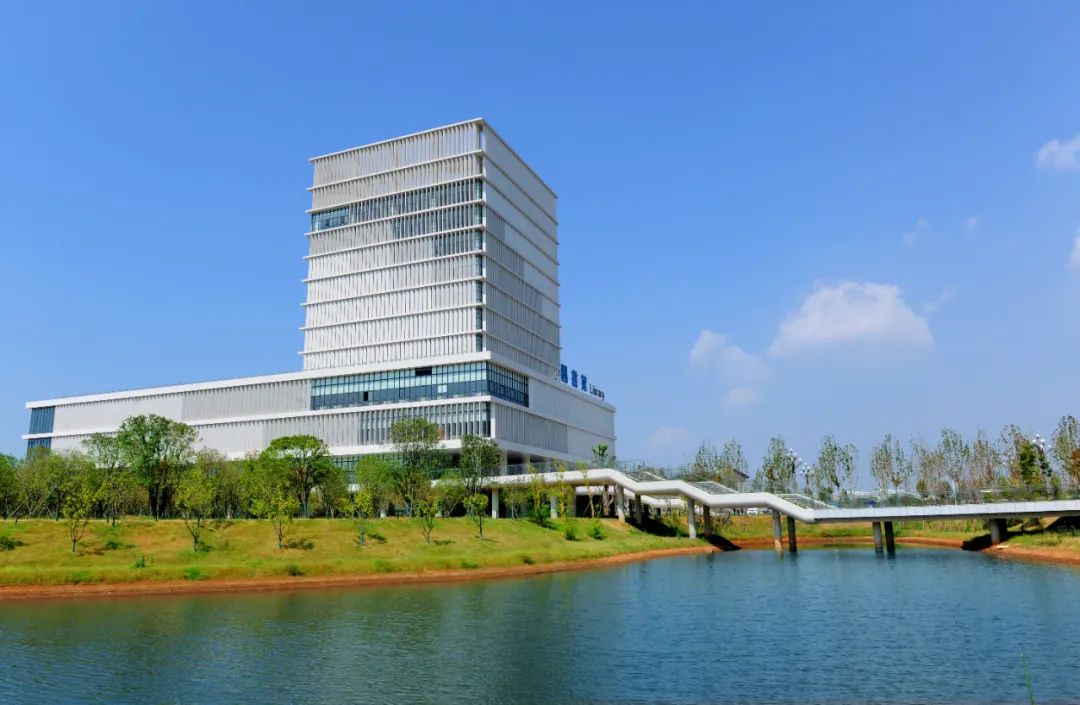探讨AI时代:人工智能是否会完全替代人类工作的深度分析
Title: Exploring the Era: A Deep Analysis of Whether Artificial Intelligence Will Completely Replace Human Jobs
In the era of rapid technological advancement, the debate surrounding whether artificial intelligence () will completely replace human jobs has become increasingly prominent. This article ms to provide a comprehensive analysis of the potential impacts of on the workforce, considering various perspectives and arguments from the provided corpus: will replace humans, will replace humans essay for初一, Will replace humans, can replace humans speech, and Can replace humans?
### Introduction
The advent of has revolutionized various industries, from healthcare to manufacturing, and from finance to transportation. While brings numerous benefits, it also rses concerns about its potential to replace human labor. This has sparked a heated debate among experts, policymakers, and the general public. In this article, we will delve into the core question: Will completely replace human jobs?
### The Potential of to Replace Human Jobs
#### Efficiency and Productivity
One of the primary reasons is considered a potential replacement for human jobs is its efficiency and productivity. systems can process vast amounts of data at unprecedented speeds, leading to more accurate and timely decision-making. In industries such as manufacturing, -driven robots can perform repetitive tasks with greater precision and consistency than human workers. This efficiency can lead to cost savings and increased productivity for businesses.
#### Automation of Routine Tasks
Many routine tasks that currently require human labor can be automated using . For example, data entry, customer service, and even some aspects of healthcare can be managed by systems. This automation can free up human workers to focus on more complex and creative tasks, or it could simply render their jobs obsolete.

### The Limitations of

#### Lack of Emotional Intelligence
While can excel in processing data and executing tasks, it lacks emotional intelligence. Human workers bring empathy, emotional understanding, and interpersonal skills to their roles, which are crucial in fields such as healthcare, education, and social services. These are areas where is unlikely to fully replace human workers.

#### Ethical Considerations
The deployment of rses significant ethical considerations. For instance, systems can perpetuate biases present in the data they are trned on, leading to unfr outcomes. Moreover, the decision-making processes of systems are often opaque, making it difficult to hold them accountable. These ethical concerns highlight the importance of human oversight in -driven processes.
### The Impact on Different Sectors

#### Healthcare
In the healthcare sector, is already being used to assist in diagnosis, treatment planning, and patient monitoring. However, the human touch is essential in patient care, and the emotional support provided by healthcare professionals cannot be replicated by . While can enhance the efficiency of healthcare services, it is unlikely to replace human workers entirely.
#### Education

Education is another field where can play a supportive role but is unlikely to replace human teachers. can provide personalized learning experiences and assist in administrative tasks, but the mentorship and guidance provided by teachers are irreplaceable.
### The Future of Work
#### Collaboration Between and Humans

The future of work is likely to involve a collaboration between and humans rather than a complete replacement. can take over routine and repetitive tasks, allowing human workers to focus on more complex and creative aspects of their jobs. This collaboration can lead to increased productivity and innovation.
#### Reskilling and Upskilling
As continues to evolve, there will be a growing need for reskilling and upskilling the workforce. Employees will need to acquire new skills to work alongside systems and to manage and interpret the data they generate. This will require significant investment in education and trning programs.

### Conclusion
The question of whether will completely replace human jobs is multifaceted and complex. While has the potential to automate many routine tasks, it lacks the emotional intelligence and ethical judgment that human workers bring to their roles. The future of work is likely to involve a combination of and human labor, with each complementing the other's strengths.
As we navigate the era, it is crucial to consider the ethical implications and to ensure that the benefits of are equitably distributed. By investing in education and trning, and by fostering a collaborative relationship between and human workers, we can harness the potential of to enhance productivity and innovation without completely replacing human jobs. In essence, the era presents both challenges and opportunities, and it is up to us to shape its future responsibly.

探讨AI时代:人工智能是否会完全替代人类工作的深度分析
编辑:ai知识-合作伙伴
本文链接:http://www.tsxnews.com.cn/2024falv/aizhishi/263398.html
① 凡本网注明"来源:"的所有作品,版权均属于,未经本网授权不得转载、摘编或利用其它方式使用上述作品。已经本网授权使用作品的,应在授权范围内使用,并注明"来源:XX"。违反上述声明者,本网将追究其相关法律责任。
② 凡本网注明"来源:xxx(非)"的作品,均转载自其它媒体,转载目的在于传递更多信息,并不代表本网赞同其观点和对其真实性负责。
③ 如因作品内容、版权和其它问题需要同本网联系的,请在30日内进行。
编辑推荐
- 1ai会取代人类文学创作吗
- 1'人工智能时代:探讨AI是否会替代人类职业与生活角色'
- 1AI能否取代人类:议论文、演讲稿、三辩稿及英语论述汇编
- 1AI在文学创作中的角色:是否会取代人类作家及对创作领域的影响与展望
- 1人工智能时代:文学创作将被AI重塑,人类作家地位是否会受到影响?
- 1ai2021脚本:、安装、放置位置、编写方法与使用教程
- 1AI脚本编写指南:从基础入门到高级应用技巧,全方位解决脚本编写问题
- 1智能AI赋能:打造个性化AI镜头拍摄体验
- 1AI创作与人类艺术家:未来艺术界将如何融合与创新?
- 1智能少女AI执导:跨界创作科幻影片宴
- 1AI辅助设计:如何利用智能工具创建高效剪切模版
- 1AI文案创作工具:全方位打造原创文章,解决各类写作难题
- 1ai智能写作网站免费:官网推荐、热门平台及英语版本一览
- 1探索抖音热门民族拍照特效:一键换装56个民族服饰,解锁旅拍新潮流
- 1全面解读:AI技术如何深度赋能产品运营与创新策略提升
- 1探索文库:如何利用其强大功能提升阅读体验
- 1爆笑集结!全面收录姐妹AI绘画文案短句,搞笑创意一网打尽
- 1头条AI智能写作:如何关闭与使用,平台介绍及今日头条写作机器人详解
- 1探索人工智能初体验:AI实验报告撰写指南与实践心得
- 1AI创意视频文案及素材库:全面收录各类视频营销脚本、创意灵感与实用模板
- 1ai创意视屏文案大全:素材与案例合集
- 1掌握印象笔记AI写作助手:轻松提升创作效率与质量
- 1全面攻略:直播自动弹幕文案生成与优化技巧,解决所有相关问题
- 1直播间自动弹幕文案:设置与自定义内容撰写指南
- 1智能化直播互动:打造高效自动发言系统攻略




